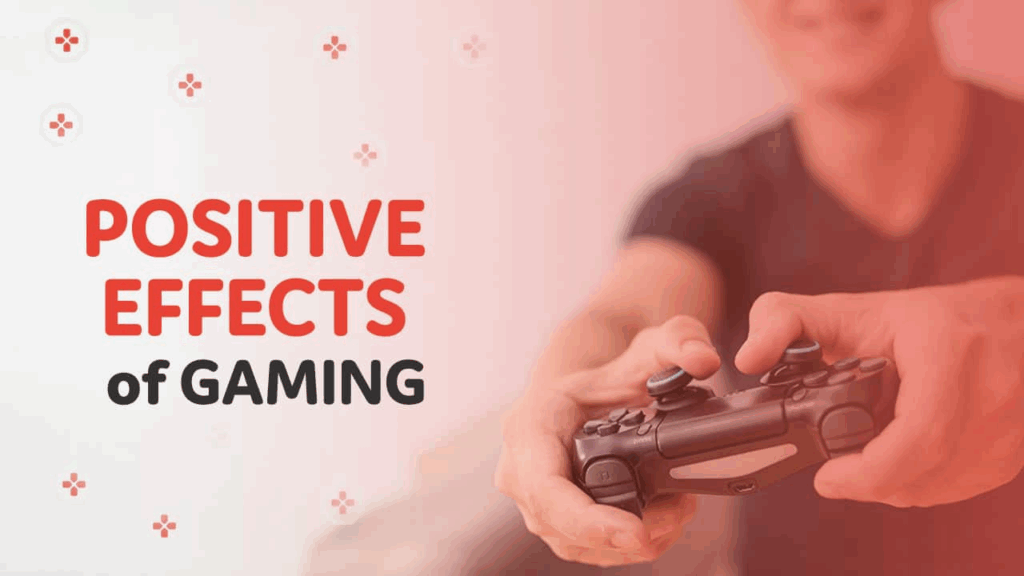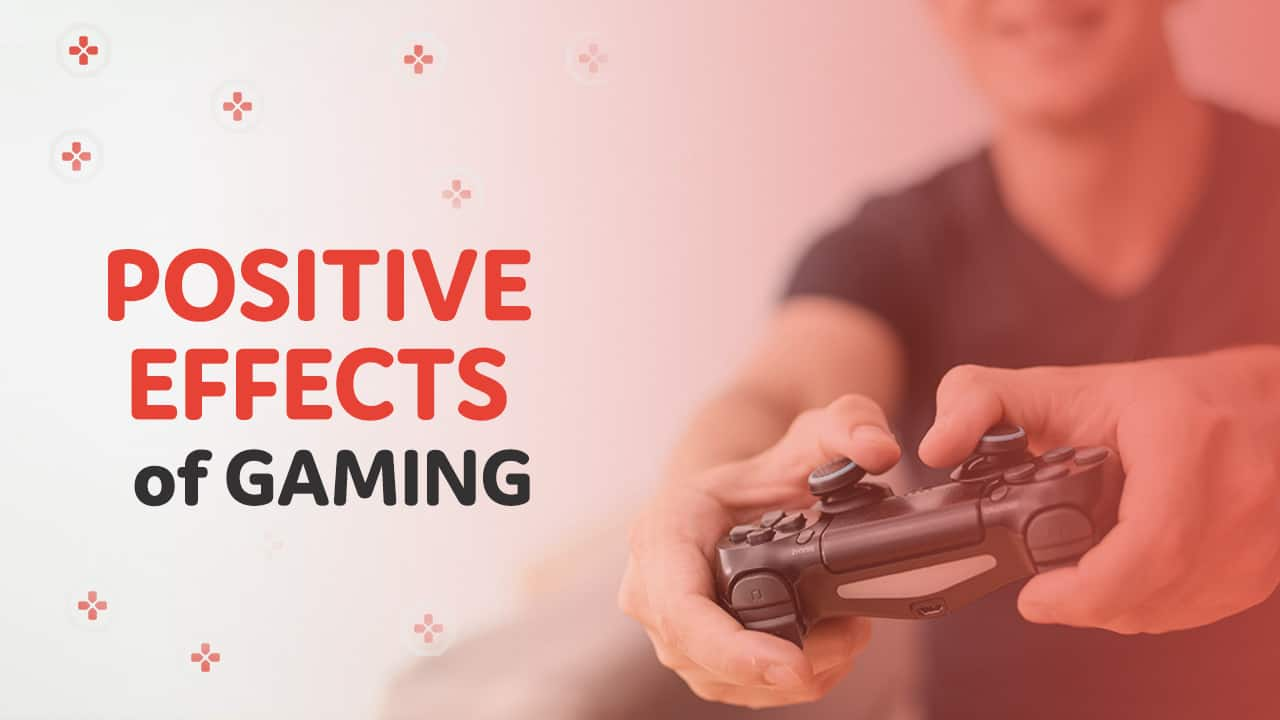
Online gaming has become one of the most popular pastimes for children and teenagers. From multiplayer platforms like Fortnite and Roblox to educational games and virtual simulations, gaming is now a dominant part of many kids’ daily routines. While online gaming can provide entertainment, creativity, and teamwork opportunities, it can also affect children’s social skills—both positively and negatively.
For parents, understanding these impacts is crucial to guiding children toward healthy gaming habits.
The Positive Impact of Online Gaming on Social Skills
1. Teamwork and Collaboration
Multiplayer games often require kids to work together to achieve goals. They learn how to coordinate, plan, and share responsibilities—similar to real-world teamwork.
2. Communication Skills
Online gaming encourages players to express ideas, give directions, and negotiate strategies with teammates. This constant communication can strengthen language and social interaction.
3. Building Friendships
Games provide a platform where children can connect with peers who share similar interests. Friendships formed in gaming communities often extend beyond the screen.
4. Problem-Solving Together
Many games challenge kids to solve puzzles, strategize, and think critically as a group, boosting collaboration and shared decision-making.
5. Confidence Boost
For shy or introverted children, gaming can serve as a safe space to interact socially and build confidence before engaging in offline social settings.
The Negative Impact of Online Gaming on Social Skills
1. Reduced Face-to-Face Interaction
Spending hours gaming online can reduce opportunities for real-world conversations, eye contact, and empathy-building experiences.
2. Exposure to Toxic Behavior
Online platforms are not always friendly. Kids may face cyberbullying, rude comments, or aggressive competition, which can negatively shape social interactions.
3. Overreliance on Digital Interaction
Children may prefer online connections over offline friendships, leading to social isolation in their immediate environment.
4. Poor Communication Habits
Abbreviated language, slang, or aggressive tones used in gaming chats can sometimes spill over into real-world communication.
5. Conflict and Frustration
Competitive games can cause arguments, anger, or strained friendships if kids struggle to manage emotions while playing.
Table: Positive vs. Negative Impacts of Online Gaming on Social Skills
| Aspect | Positive Impact | Negative Impact |
|---|---|---|
| Teamwork | Builds collaboration and planning | Can create conflict in competition |
| Communication | Enhances expression and negotiation | May lead to slang or toxic language |
| Friendships | Connects kids with like-minded peers | Reduces focus on local friendships |
| Confidence | Boosts self-esteem in shy children | May overdepend on online approval |
| Problem-Solving | Encourages joint critical thinking | Excessive gaming reduces offline skills |
Overview Table
| Strategy | Why It Matters | Example in Practice |
|---|---|---|
| Limit Gaming Time | Prevents overreliance on screens | 1–2 hours of gaming on school days |
| Encourage Offline Play | Builds real-world social skills | Sports, group outings, playdates |
| Discuss Online Behavior | Teaches respect and empathy online | Talking about avoiding toxic language |
| Monitor Friendships | Ensures healthy interactions | Ask who your child plays with online |
| Choose Age-Appropriate Games | Promotes positive engagement | Select cooperative, educational titles |
| Co-Play With Kids | Strengthens bonding and oversight | Join in multiplayer sessions |
How Parents Can Support Healthy Gaming
- Create Clear Boundaries – Set limits on screen time and balance gaming with schoolwork, outdoor activities, and family time.
- Encourage Social Diversity – Help kids maintain friendships offline through clubs, sports, or community events.
- Talk About Online Etiquette – Teach kids to treat online friends with the same respect as in-person ones.
- Be Involved – Show interest in their games, play together occasionally, and discuss what they enjoy.
- Model Balance – Demonstrate your own healthy relationship with technology so children can mirror it.
Final Thoughts
Online gaming has a dual impact on children’s social skills. On the one hand, it offers teamwork, communication, and friendship-building opportunities. On the other, it risks reducing offline interactions, encouraging toxic behavior, or creating social isolation.
The key lies in balance. When parents set boundaries, encourage offline friendships, and engage in conversations about online experiences, gaming can be transformed into a tool that enhances—not diminishes—social growth.
3 Quick FAQs
Q1. Can online gaming help shy children improve social skills?
Yes, gaming can boost confidence and help shy kids practice communication in a low-pressure environment.
Q2. How much gaming is too much for children?
Experts recommend limiting recreational gaming to 1–2 hours on school days and slightly more on weekends.
Q3. Should parents let their kids play multiplayer games?
Yes, but with supervision—choose age-appropriate games and discuss safe, respectful interactions online.

